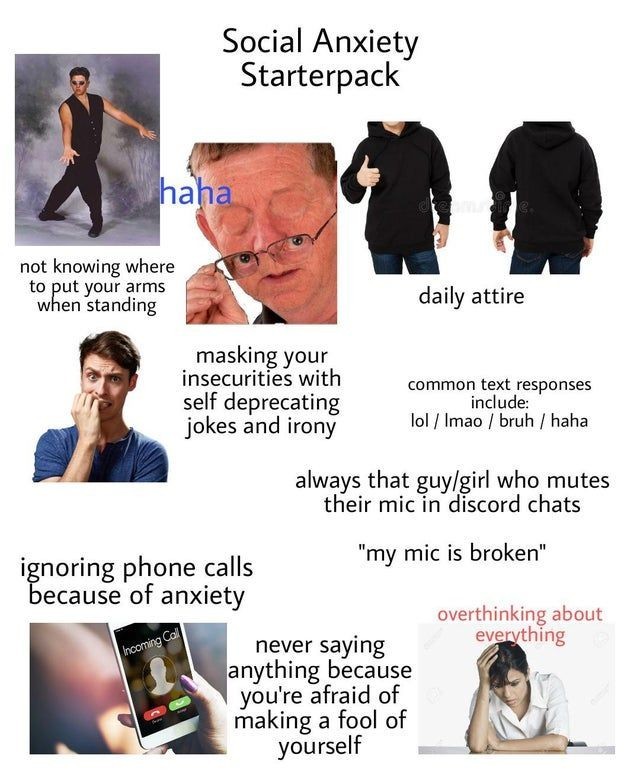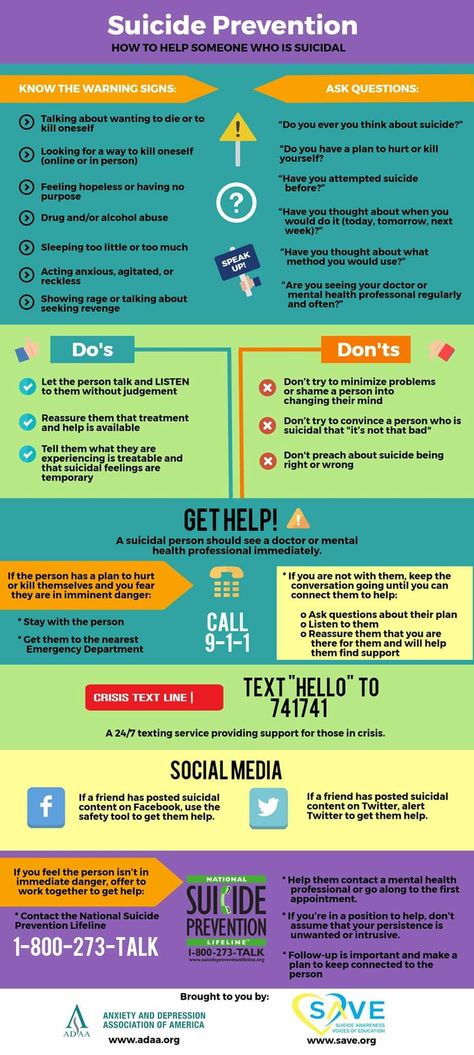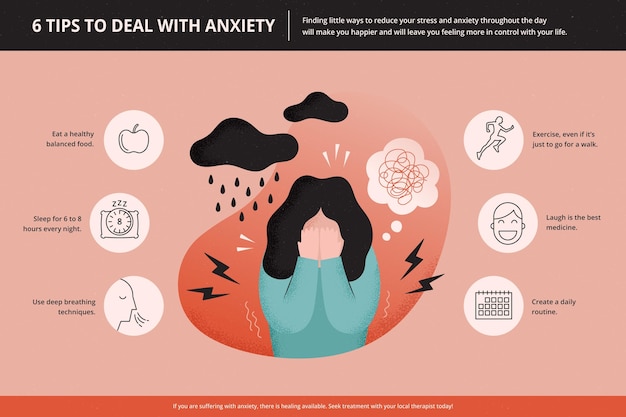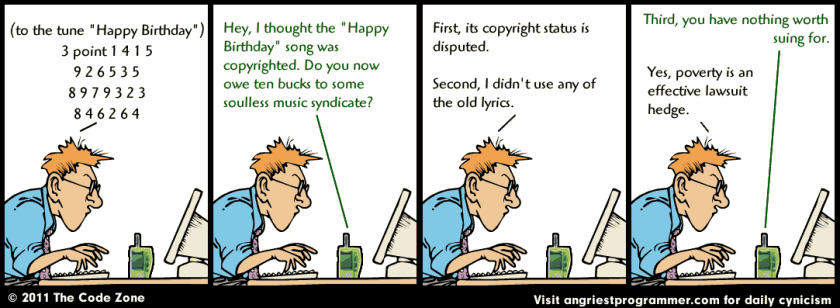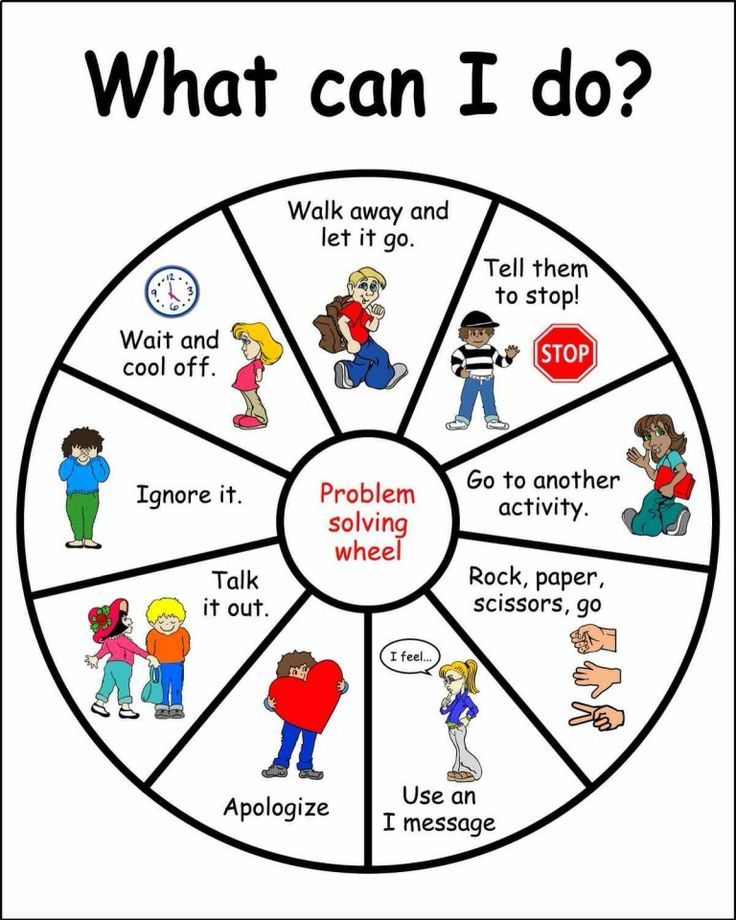Why do people need therapy
10 Reasons to See a Therapist
Seeking therapy, unfortunately, has long been the subject of ridicule and jest. Pursuing professional counsel for mental health concerns has been stigmatized and labeled as something that “only those with mental disorders need.”
Many have been amused by the antics of the neurotic, self-described, obsessive-compulsive Bob Wiley in the blockbuster “What About Bob.” Some may have also found humor in his complete reliance on therapy and his therapist’s prescribed “baby steps” to get through the day.
The same can be said for Adrian Monk, the obsessive-compulsive, former detective portrayed in the television series “Monk.” You may remember seeing Mr. Monk carefully sitting in his therapist’s office engaging in thoughtful talk therapy to effectively function in his germ-filled world.
Whether these and many other fictional characters portrayed their mental health conditions accurately is the subject of another article. The point is seeking therapy has too often been used in pop culture and our society as a punchline.
But effective therapy can be extremely worthwhile for many—and critically necessary for some. The brain, after all, is an organ and, like other organs, requires some qualified medical attention. Therapy can help you manage life’s varied challenges and live a more fulfilled life. It can help you understand what you’re feeling, why and how to cope. Just like visiting your doctor for regular wellness exams, or your dentist for checkups, meeting with a therapist can help keep your mental health in order. Indeed, therapy can be beneficial “just because.”
Therapy can also provide you with the needed tools to manage your emotions. Learning the art of mindfulness-based meditation can even help you take care of your own mental health and wellbeing. And couples counseling can help people work through relationship troubles and live a happier life together.
In other words, therapy can be an important aspect in improving your overall wellness.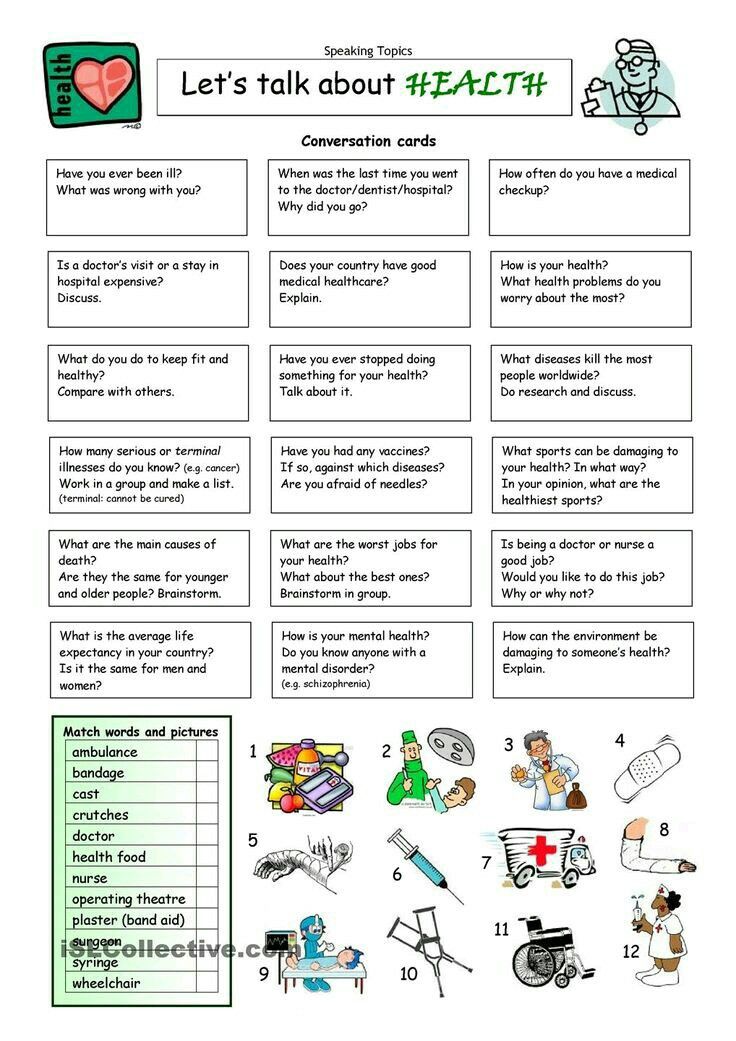 There is, however, one caveat: therapy may not be the best option for those in crisis. For anyone having suicidal thoughts, it’s best to forego therapy in lieu of immediate crisis support to help curb any suicide ideation. The National Suicide Prevention Lifeline provides 24/7, free and confidential support for those in a crisis. And for those who may not feel comfortable talking, messaging the Crisis Text Line can immediately connect them to trained Crisis Counselors.
There is, however, one caveat: therapy may not be the best option for those in crisis. For anyone having suicidal thoughts, it’s best to forego therapy in lieu of immediate crisis support to help curb any suicide ideation. The National Suicide Prevention Lifeline provides 24/7, free and confidential support for those in a crisis. And for those who may not feel comfortable talking, messaging the Crisis Text Line can immediately connect them to trained Crisis Counselors.
The same can be said for couples counseling: therapy can help, but it may not the best choice for those living in abusive relationships. Those in abusive relationships should strongly consider contacting the National Domestic Violence Hotline immediately. Therapy can then help those involved fully recover and live a happy post-crisis life, free of unhealthy relationships.
You’re Feeling Overwhelmingly Sad or Helpless
These feelings can actually be a sign of major depression.
You’ve Run Out of Advice from Friends and Family
However well intentioned, advice from friends and family on coping with life’s challenges may not be enough.
You’re Using Alcohol, Drugs, Porn or Other Unhealthy Coping Mechanisms
Managing painful or difficult emotions with alcohol, drugs, porn or other addictive means commonly leads to larger problems.
You or a Loved One are Living with a Chronic Health Condition
The uncertainty of serious illnesses can bring on stress, anxiety and depression. Therapists can help you see through the troubled waters to a bright horizon.
You’re Undergoing a Big Change
From a major career shift to a change in marital status or relocating to a new state, big changes can lead to emotional distress.
You’ve Recently Lost a Loved One or Close Friend
Grieving is normal and healthy. But if time passes and you’re still feeling a heavy burden from the loss of a family member, trusted friend or pet, therapy can help.
You Suspect You Have a Serious Mental Health Condition
Some of the most common mental health disorders are effectively treated with a combination of medication and therapy.
You Feel Like You’ve Lost Control
Therapy can help calm the waters of rampant substance abuse, rage, anger or other runaway emotions.
You’re Having Family Issues
Couples and family therapy can help improve communication, work through challenges and resolve conflicts. However, as mentioned earlier, couples therapy is not recommended for those in abusive relationships.
You Feel Like You Need to Talk to Someone
It’s as simple as it sounds—trust yourself. If you feel like you need help, seek it. Don’t be ashamed or embarrassed for taking action to improve your mental health, no matter the reason.
Davis Behavioral Health is here to help with life’s challenges. We have compassionate, caring and experienced mental health professionals that help our clients understand and manage their mental wellbeing. Whether it’s because you’ve recently lost a loved one, you’re feeling overwhelmed with life or just need to talk to someone, we’re here to help you improve your mental health.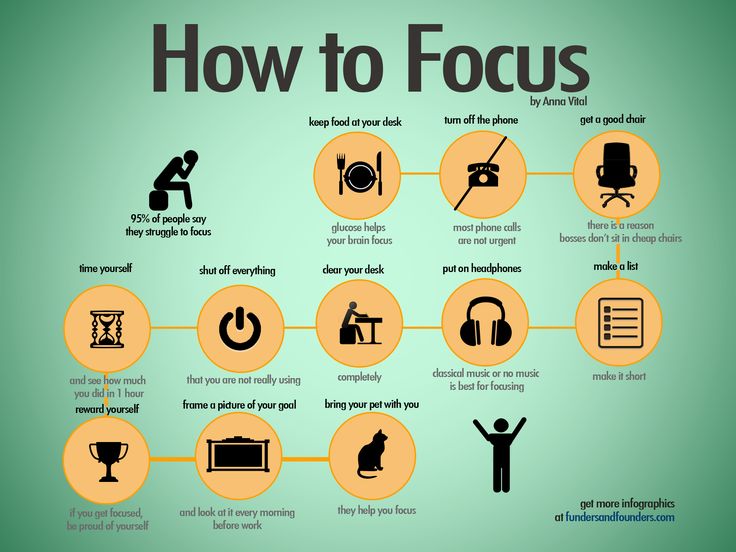
Why Should You Go to Therapy?
If you’ve never been to a therapist, you might wonder what people get out of talking once a week to a near stranger about their struggles in life.
Plenty, it turns out.
Therapists guide people through some of the most personal and painful experiences of their lives, helping them overcome depression, live with loss, and stop self-destructive behavior (among other issues). But, while the results of therapy are often impressive, the process can seem mysterious—even miraculous—when you don’t understand what’s happening in the room.
Advertisement XMeet the Greater Good Toolkit
From the GGSC to your bookshelf: 30 science-backed tools for well-being.
Enter Lori Gottlieb’s new book, Maybe You Should Talk to Someone. Gottlieb, an experienced psychotherapist and author of The Atlantic’s weekly “Dear Therapist” advice column, gives readers front-row access to what goes on in therapy by following the narratives of four of her clients. We see how she approaches her interactions with them, using her empathy, skill, and humanity to encourage their healing and growth. At the same time, she shares her own life struggles that led her to seek therapy herself, helping to illuminate the difficulties of adapting to loss and the power of human connection.
We see how she approaches her interactions with them, using her empathy, skill, and humanity to encourage their healing and growth. At the same time, she shares her own life struggles that led her to seek therapy herself, helping to illuminate the difficulties of adapting to loss and the power of human connection.
Part memoir, part advocacy for the profession, the book is not only profound but also a gripping read. I spoke with Gottlieb recently about what therapists actually do and how we can all relate better to our emotions.
Lori Gottlieb, MFT
Jill Suttie: Why did you want to write this book?
Lori Gottlieb: I was originally supposed to be writing a book about happiness, but writing the happiness book was making me miserable. Believe me, the irony wasn’t lost on me! Every day when I sat down to write it, I felt depressed—what I was writing about couldn’t capture all of the richness and nuances of what I was seeing as a therapist.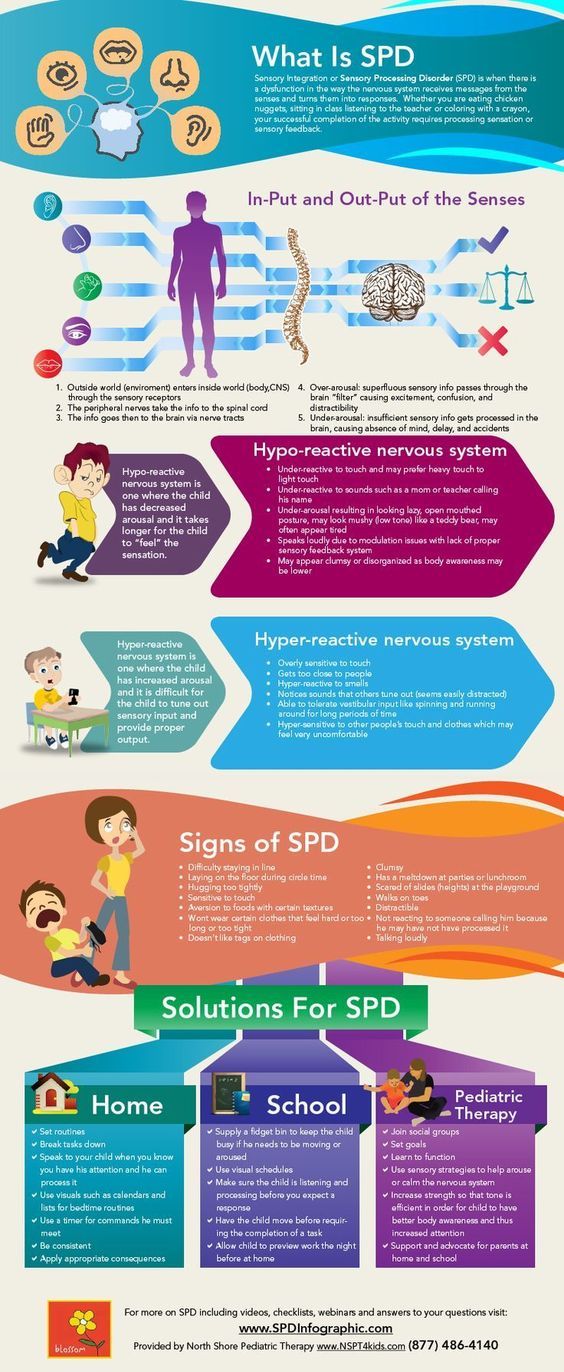 Eventually, I cancelled that book contract and decided to just do what I wanted to do, which was bring [readers] into the therapy room.
Eventually, I cancelled that book contract and decided to just do what I wanted to do, which was bring [readers] into the therapy room.
JS: Many people think of therapists as akin to medical doctors—people who diagnose and offer advice. But your book speaks to the importance of listening more and letting people struggle to find their own answers. Why that approach?
LG: We all have answers within ourselves, but sometimes we need a guide to help us find them. That’s what the best therapy does: It gives you agency over your own life. So many times, people come in and they say, “Tell me what to do.” And that’s not very helpful, because we want to help you learn to trust yourself, to understand why some of the choices you’ve made before haven’t worked out the way you wanted them to. What are your blind spots? What are the ways you keep shooting yourself in the foot?
So many times, people will make choices that basically guarantee their unhappiness. And they don’t see that they’re doing that. So, they feel like they can’t make decisions for themselves. But what they need is someone to help them see themselves more clearly so that they can make better decisions.
And they don’t see that they’re doing that. So, they feel like they can’t make decisions for themselves. But what they need is someone to help them see themselves more clearly so that they can make better decisions.
JS: You write a lot about listening to what’s not being said and slowing down the process in the therapy room. Why is that important?
LG: We don’t get enough of that in the outside world—to just have someone listen to us. So, when people think about what therapists do, it sometimes seems like a superhuman feat.
Or course, therapists are not just listening. There are so many misconceptions about therapy that I was trying to get rid of in this book; one of them is that a therapist is just going to listen to you and then you leave. That’s not true—it’s a very active process. We’re making eye contact; we’re letting silences breathe. We’re letting people pause, so they can hear themselves think and let themselves feel—something people normally cover up with words or a phone or a screen.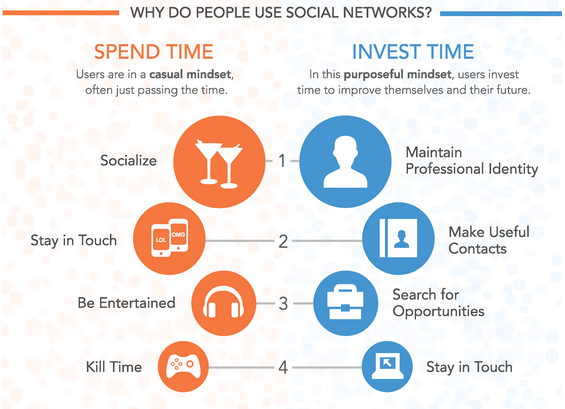 The relationship between the therapist and the client is an extremely rich, emotional experience.
The relationship between the therapist and the client is an extremely rich, emotional experience.
JS: Several of your clients seem to be punishing themselves for past mistakes or wrongdoing. What’s the role of self-compassion in moving out of this pattern?
LG: Self-compassion is important, because the one thing we all struggle with is being kind to ourselves. I asked one client to write down everything she said to herself over the course of a few days and bring it back to me, and she was embarrassed to read it. She said, “Oh my god! I didn’t know that I talked to myself like this! I am such a bully!” If we ever talked to our friends like that, we’d never have any friends. We’re so hard on ourselves.
That doesn’t mean that we shouldn’t take responsibility for things that we need to change or for things we wished we’d done differently or that are just flat-out wrong. It’s a combination of accountability and vulnerability: You want to be able to say that this is something you want to change or you wish you hadn’t done, but also say, “What can I learn from this experience, and how can I take responsibility without beating myself up?” You will gain a lot more and grow a lot more from the experience if you don’t self-flagellate while you’re taking responsibility for it.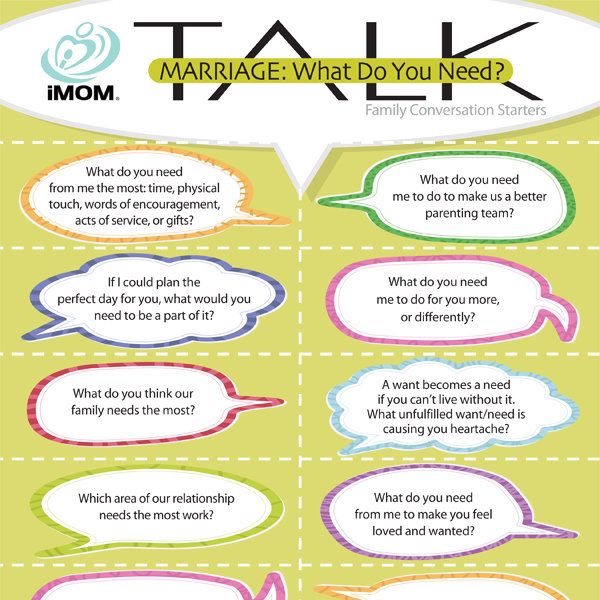
JS: Many of your clients are also grieving loss, though not always a loss of life. Could you talk a little about the role of grieving in therapy?
LG: We experience loss throughout life, whatever that may look like. And it may be something literal like a death, but it could also be the death of a dream or the loss of a narrative we wanted for our lives. What happens so often is that people minimize their grief; they feel like if it isn’t something tangible, like death, it’s not worth our attention. But that’s not true.
There’s a myth in our culture about Elisabeth Kübler-Ross and her stages of grieving—like we’re going to go through these stages of grieving and then get to a place of acceptance or closure. Grief doesn’t work like that—it’s integrated into the fabric of our lives. When people have feelings of grief, they may want to get rid of them. But I try to help people live with the loss, to acknowledge it and not get submerged by it—to integrate it into the joy and other things in their life.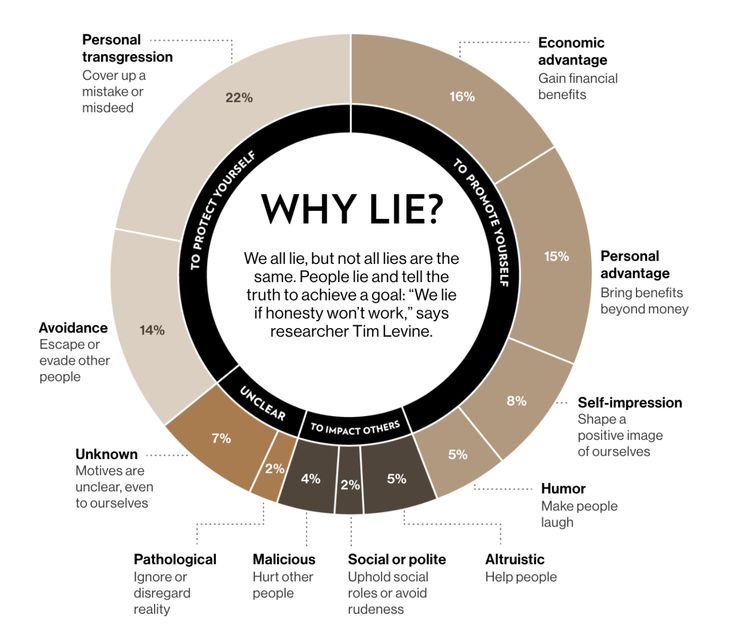 That’s what’s most helpful.
That’s what’s most helpful.
JS: One of the clients you describe in the book, John, seems to be narcissistic; he’s putting you down, being rude and disagreeable. How were you able to find empathy or compassion for him?
Maybe You Should Talk to Someone: A Therapist, HER Therapist, and Our Lives Revealed (Houghton Mifflin Harcourt, 2019, 432 pages)
LG: I think of people’s behaviors as a way of protecting themselves from something threatening or painful. So, in his case, his behaviors were all about pushing people away. When he’s being very abrasive and insulting and difficult to like, I know that’s a barrier he puts up to the world. There’s going to be something else underneath to explain why he’s behaving in such an off-putting way. I don’t take that personally, because I know he’s finding a way to cope in the only way he knows how.
Out in the world, we take so many people’s behavior personally, but it’s often really about them and the ways they’re managing whatever struggles they’re going through. People’s behavior is data—it gives you information about them. In John’s case, it gave me information about him: There’s some pain he’s experiencing. I don’t know what it is yet; I don’t know if he’ll ever tell me what it is. But there’s something very painful, and this is how he’s coping with it.
People’s behavior is data—it gives you information about them. In John’s case, it gave me information about him: There’s some pain he’s experiencing. I don’t know what it is yet; I don’t know if he’ll ever tell me what it is. But there’s something very painful, and this is how he’s coping with it.
JS: If you could wave a magic wand and change our society so people are less likely to need therapy, what would you change?
LG: Lack of connection. No matter what people come in with, there’s an underlying sense of loneliness, disconnection—even if they have friends and family or are surrounded by people. I think people are feeling a lot of depression and anxiety because they aren’t being nurtured by connection. We’ve lost that sense of community that used to be so inherent—at least in my parents’ generation—where you had neighborhoods, and you’d go outside and kids would play. I’m not idealizing the past, but I think the one thing the past did have was a greater sense of organic community.
Nowadays, because we move around so much, we don’t necessarily put down roots in the same way. And each family becomes its own little silo. We aren’t just in each other’s lives organically. Then add technology to that, and people are not having many “I/thou” interactions, where you make eye contact and you’re not distracted by your phone on the table pinging or dinging or vibrating or by the screen on the wall in the restaurant. We lose that unstructured downtime, where we might run into people and get in a conversation or go take a walk. I’m not anti-technology, but I think that people feeling disconnected contributes to a lot of the low-lying depression and anxiety I see.
JS: If readers were to take away one lesson from your book, what would you want it to be?
LG: There’s a great Joseph Campbell quote that comes to mind, where he says that life is a wonderful opera, except that it hurts. I love that quote, because I feel like people need to understand that we are more the same than we are different.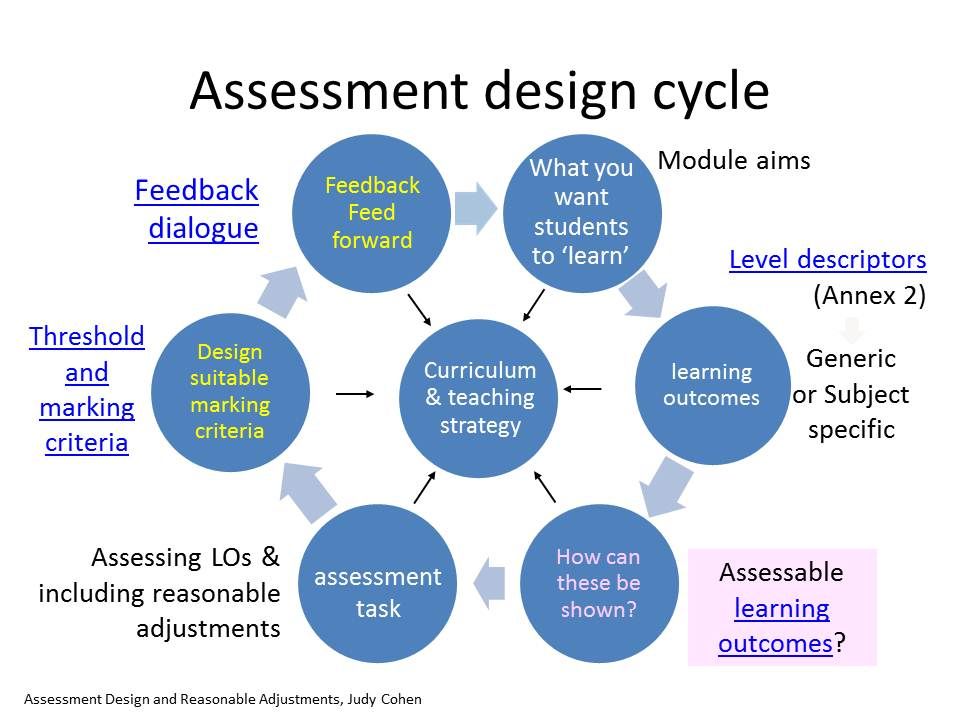 We all go through very similar things, even though we imagine that our lives are very different from others’ lives.
We all go through very similar things, even though we imagine that our lives are very different from others’ lives.
With my book, I tried to say, “Come on in and visit for a little while. I want to connect with you, the reader, and I want you to connect with me and with the people I’m going to tell you about.” I hope doing so will inspire them to connect with the people in their own lives in a different way…in a more fulfilling way. I want people to realize that when you connect with others, everybody feels better.
Greater Good wants to know: Do you think this article will influence your opinions or behavior?
Submitting your rating
Personality psychotherapy - what is it and what is it for
Everyone in his life necessarily experiences tension, setbacks and stress. Personal psychotherapy does not at all serve to make a person's life carefree. If you do not have the opportunity to get a job that you would like, psychotherapy has nothing to do with it. But if you constantly experience fear that you will not be able to pass an interview before hiring, conflicts in the team have become commonplace for you - a specialist can help you. Personality psychotherapy is appropriate in cases where difficulties and problems arise from within your personality, are derivatives of your character, when something blocks you in the face of real everyday life.
But if you constantly experience fear that you will not be able to pass an interview before hiring, conflicts in the team have become commonplace for you - a specialist can help you. Personality psychotherapy is appropriate in cases where difficulties and problems arise from within your personality, are derivatives of your character, when something blocks you in the face of real everyday life.
In addition, psychotherapy is indicated for people suffering from depression, fears, anxiety, insomnia, neurotic disorders, people experiencing severe grief, stress. Family therapy can help couples who cannot manage their problems and disagreements on their own.
The true goals of personality psychotherapy are to help the person relieve emotional stress, expand his options, his behavioral strategies, and most importantly, restore his ability to cope with problems on his own.
Who better to turn to for help?
Unfortunately, our culture is not yet fully accustomed to such a phenomenon as a psychotherapist and psychologist.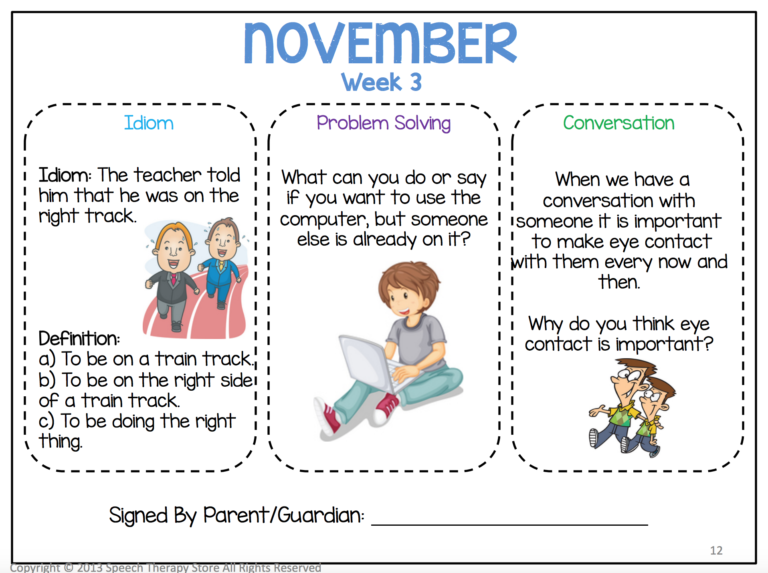 For many people, the difference between a psychologist, a psychoanalyst, a psychiatrist and a psychotherapist is not clear.
For many people, the difference between a psychologist, a psychoanalyst, a psychiatrist and a psychotherapist is not clear.
So, psychiatrists are specialists with medical education, doctors. Psychiatry, as a branch of medicine, views emotional problems as a form of illness. Many psychiatrists consider the ten-minute meetings, during which they clarify symptoms and prescribe medication regimens, to be psychotherapy. This is not true.
Of course, many psychotherapists overcome their medical attitudes. "We need to treat the person, not the disease." It should be noted that many directions in psychotherapy were created by psychiatrists. One of these areas is psychoanalysis, discovered by Z. Freud. His followers began to be called psychoanalysts. There are many other areas in psychotherapy, such as cognitive psychotherapy, gestalt therapy, neurolinguistic programming, Ericksonian hypnosis, and others.
Psychotherapists generally use one or more branches in their work. Psychotherapy is not only practiced by psychiatrists, but also by psychologists. Psychologists do not have medical education. They conduct consultations, doing diagnostics and psychotherapy, using methods of a certain direction. If necessary, medical examination and treatment, they connect to the work of a psychiatrist (he is also a psychotherapist). The name psychotherapist emphasizes that this specialist is engaged not only in the dosage form of treatment, but also in psychotherapy. Healers and psychics who call themselves psychotherapists actually have nothing to do with them and are far from a scientific approach.
Psychotherapy is not only practiced by psychiatrists, but also by psychologists. Psychologists do not have medical education. They conduct consultations, doing diagnostics and psychotherapy, using methods of a certain direction. If necessary, medical examination and treatment, they connect to the work of a psychiatrist (he is also a psychotherapist). The name psychotherapist emphasizes that this specialist is engaged not only in the dosage form of treatment, but also in psychotherapy. Healers and psychics who call themselves psychotherapists actually have nothing to do with them and are far from a scientific approach.
The two most important factors that determine the success of psychotherapy are the competence of the therapist and his compatibility with the client. Your psychotherapist should be a specialist who has received special training, especially in the field of personality theory, has experience in therapy, has undergone psychotherapy himself, and be a holistic, responsible, responsive person.
Based on the article by M. Ehrenberg "How to get a good psychotherapy".
Back
Why go to a psychologist
Despite the fact that psychotherapy is gradually ceasing to be perceived as something strange and moving into the category of ordinary phenomena of our life, a fairly large percentage of the population in Russia still believes that going to a psychologist is an extreme measure, which should be resorted to only when a person has reached the handle (nervous breakdown, suicide attempts, and so on). This is the main mistake. Because by this moment, the psychologist will most likely be forced to refer you to a psychiatrist, and to solve your problem, you will no longer need conversations, but medication. Rules of Life, together with consultant psychologist Stanislav Shishkanov, gives answers to the most naive and tricky questions, debunks the most common myths that prevent you from deciding on psychotherapy, and popularly explains why a lack of knowledge in the field of working with the psyche can cost you dearly.
Julia Samoshkina
Tags:
health
psychology
knowledge
psyche
Do not self-medicate! In our articles, we collect the latest scientific data and the opinions of authoritative health experts. But remember: only a doctor can diagnose and prescribe treatment.
Why go to a psychologist/psychotherapist at all? Are true friends and my rich life experience not enough?
Every fifth client comes to a repeat session with the words: “Yes, it’s not like with friends, I understand the difference!” Of course, rich life experience and friends will help in the process of psychotherapy - these are resources that a person can use for his growth. But the difference is huge: “using” friends for therapeutic purposes is like using a hammer to paint on glass.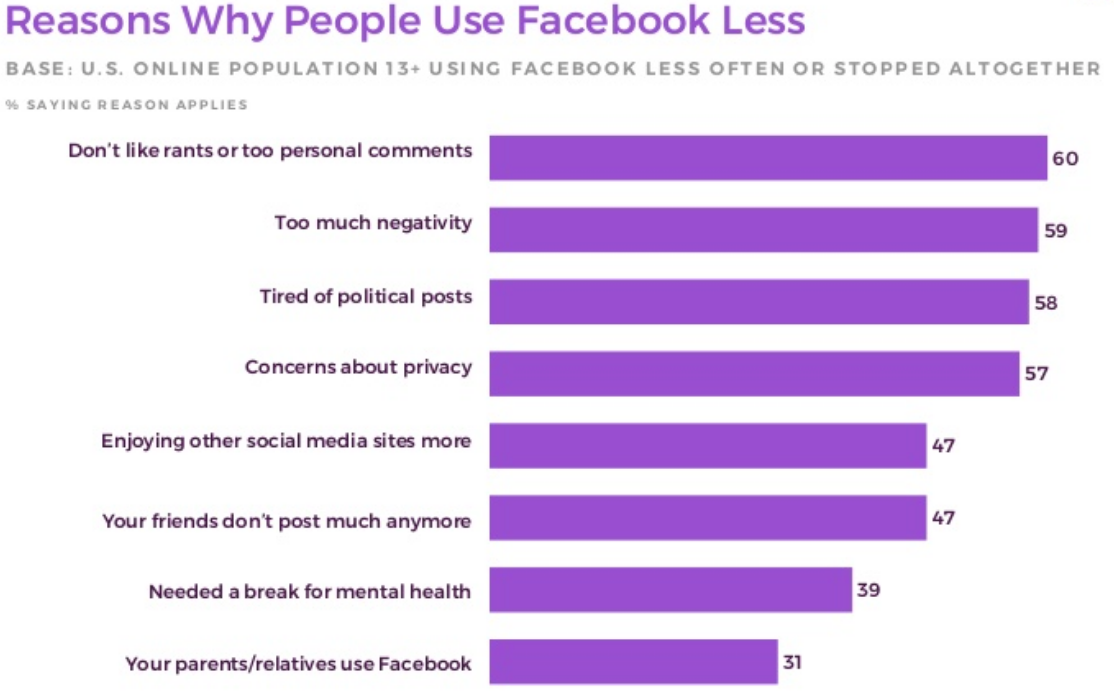 With friends, you have an emotional attachment - this is a kind of system, and not a single friend is interested in changing this system. After all, you already have a relationship, and no one needs any shocks in them. A psychologist has no such hidden motives.
With friends, you have an emotional attachment - this is a kind of system, and not a single friend is interested in changing this system. After all, you already have a relationship, and no one needs any shocks in them. A psychologist has no such hidden motives.
When it comes to life experience, there are two types. The first is an experience that we have realized and rethought. The second is an experience that causes violent feelings in us. If the experience is lived, experienced, realized and conclusions are drawn from it, this is a big plus. If this is an experience of the second type, then it is precisely he who requires work with a psychologist.
People come to a psychologist when they are about to change, and he helps the client to realize these changes. Sometimes this leads to a complete change in the social environment: the client can part with friends, a marriage partner, change jobs, place and country of residence, views. A rare friend will find the strength to support you in this, because any friendly relationship is based on the principle of "take - give". Whereas the therapist makes a big emotional contribution to your life, the result of which will be the opportunity to objectively look at the sides of yourself.
Whereas the therapist makes a big emotional contribution to your life, the result of which will be the opportunity to objectively look at the sides of yourself.
Psychologist, psychotherapist, psychiatrist, psychoanalyst: what is the difference between these people? Are they all doctors?
There is confusion here, and the reader will have to understand a number of nuances.
There is only one doctor on this list - a psychiatrist. This person graduated from a medical school, but can work as a psychiatrist, or can be called a psychotherapist. He makes a medical diagnosis, prescribes medications, decides on hospitalization and behaves like any other doctor.
But a psychologist can also be a psychotherapist, which means that he works with people to help them solve personal, emotional or mental problems.
The psychoanalyst is a particular example of such a psychologist.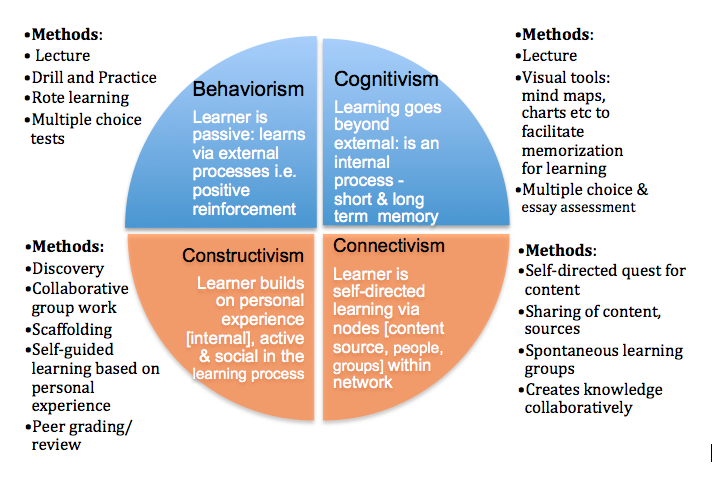 Psychoanalysis is a branch of psychology founded by Sigmund Freud.
Psychoanalysis is a branch of psychology founded by Sigmund Freud.
Psychologist - a specialist in the field of the psyche and behavior of people. It can be a military psychologist, an educational psychologist, an engineering psychologist (they came up with an eight-hour working day, say hello), a social psychologist, a sports psychologist and many others, including the same psychologist who they come to talk about sore.
How do I know who I need to make an appointment with?
Depends on purpose. A counseling psychologist is the most versatile option when it comes to a problem that has arisen recently, is associated with clearly defined conditions and has not yet led to strong changes.
If we take a psychiatrist who deals with the medical part, then it is important to note here that psychiatric diagnoses do not arise by themselves, from scratch. They have a long history and specific manifestations. Take clinical depression. You can't call it "bad at heart" - a person with such a diagnosis simply cannot get out of bed. The perception of the real world in such a patient is so disturbed that it is very difficult for him to work with it.
Take clinical depression. You can't call it "bad at heart" - a person with such a diagnosis simply cannot get out of bed. The perception of the real world in such a patient is so disturbed that it is very difficult for him to work with it.
A psychologist's client is someone who thinks like this: “I have a problem. This problem is not me and not the world. It's about my distorted perception." When a dragon flies at a schizophrenic, for him it is part of the "real" world. And therefore it is very difficult to negotiate with him on this topic. Why? Because he does not have a resource, here he cannot do without medicines that will work and help him bypass his consciousness. So, only a psychiatrist can deal with this case.
A psychotherapist is also entitled to prescribe medications, but for this he must have a medical education.
An analyst is a special case of a psychologist, usually with a non-medical background. When we hear “my psychoanalyst” in films, it is a consultant psychologist behind it.
When we hear “my psychoanalyst” in films, it is a consultant psychologist behind it.
In what cases can you do without a psychologist?
Psychologists are concerned with two main processes: problem solving and development.
Problem solving is a change in those personality traits that bring suffering to the person himself. For example, excessive temper can interfere with building relationships in your personal life and business, and also does not contribute to making informed decisions.
Development implies that a person successfully realizes himself in his personal life, creativity and business, but he has a need for something more that goes beyond the usual well-being. He wants to better understand himself and the world around him, he has a need to get out of his comfort zone.
In both cases, a psychologist can be helpful. Many things cannot be read in a book or heard in a lecture; they become clear only in the process of working together with another person, when he can see what you do not notice. Or he has already passed the stage of development that is ahead of you, and can show the way. A book, a lecture and a good intellect will not help where another person helps out.
Or he has already passed the stage of development that is ahead of you, and can show the way. A book, a lecture and a good intellect will not help where another person helps out.
The thought of going to a psychologist gives me fear - should I really be afraid of something?
Psychologists have their own memes, one of which is "All the results are from the customer's materials." You will not find anything more terrible than yourself, and at the same time, nothing more beautiful. A psychologist will not change your life instead of you, so all the results achieved, which are sometimes breathtaking, are your merit. But all the unpleasant moments that may come up in the course of work are also you. Yes, you can be envious, greedy, sometimes you manipulate, you want everything to be solved by itself, you blame others for your problems, you take it out on your loved ones. We are all like that.
As for the general distrust of people, which often does not allow you to decide on psychotherapy: it is important to remember that a psychologist is first and foremost a person who initially assumes obligations to help you.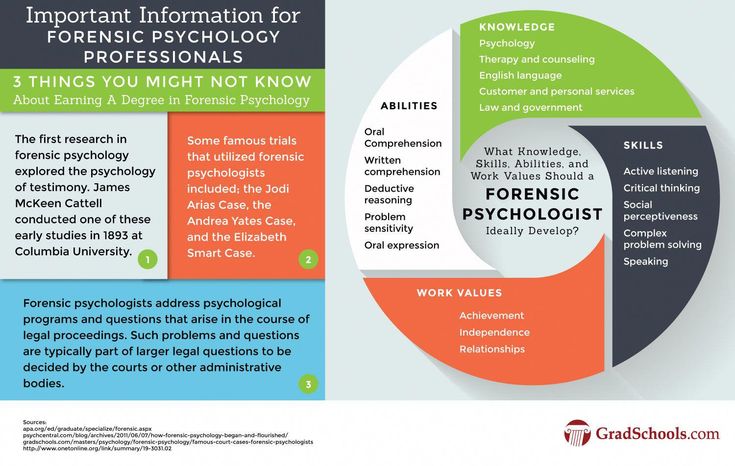 This means that he does not need to deliberately harm you, because a) this is his job, b) this is his reputation.
This means that he does not need to deliberately harm you, because a) this is his job, b) this is his reputation.
How to choose "your" specialist? Is it important to focus on the direction that this or that specialist practices: Gestalt psychology, cognitive, analytical, psychoanalysis, and the list goes on?
Each type of psychotherapy has its own characteristics, but it is not at all necessary for a “non-specialist” (that is, you) to understand this. After all, you will work with a living person, and not with a representative of some caste. Just look who you like, inspires trust, respect and (most importantly!) the desire to learn something from him - this is "your" psychologist.
If it is boring or unsafe to work with him, or you understand that this is definitely not the person you want to be like, do not waste time and money, you will hardly be able to get a positive result with this specialist.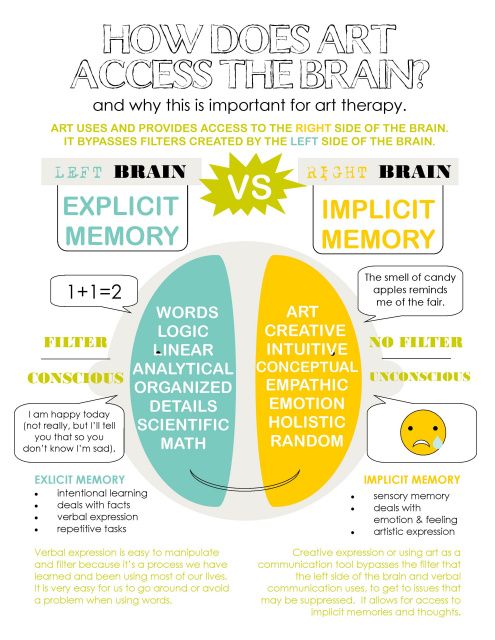
What to expect from the first visit? How is everything going?
You come to a session with a person you don't know yet, and he also doesn't know what to expect from you. The first session is getting to know each other. The psychotherapist observes, diagnoses and establishes contact. You, in turn, look at how comfortable you are with this specialist and whether you would like to continue working with him or not.
If we talk about particulars, then the room in which the reception takes place should be quiet and secluded. A consultation in a noisy cafe is not an option, and if you are offered this, it should alert you. Mental work is not coffee gatherings. Today there are a large number of psychological centers where you can rent an office for a few hours.
There are no special requirements for office furnishings. In classical "orthodox" psychoanalysis, a person should lie on a couch.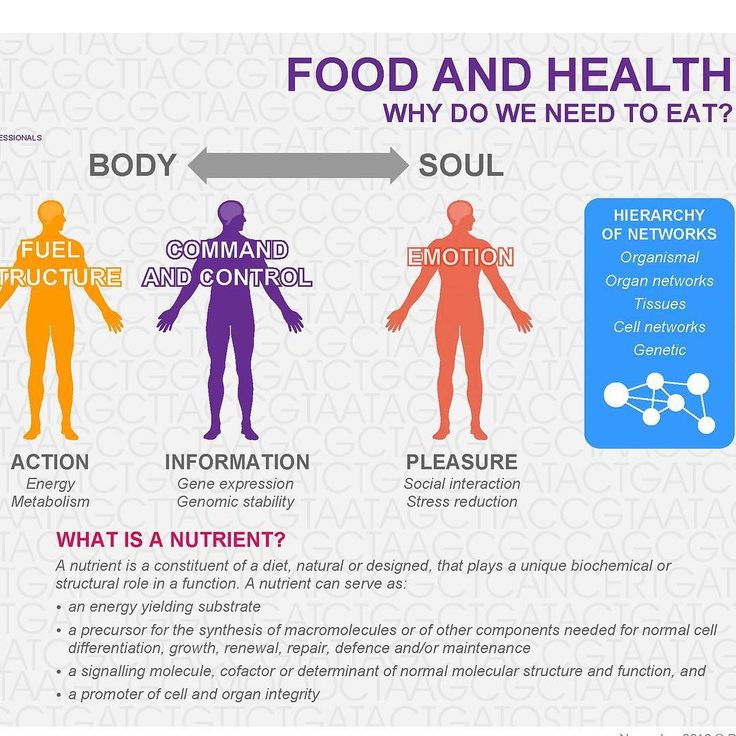 But in most cases, the therapist and the patient just sit opposite each other and talk.
But in most cases, the therapist and the patient just sit opposite each other and talk.
How often do you need to visit a psychologist to make sense of it?
The most common format is once a week. If you do not know how much you need, and there are no special wishes, most likely this rhythm will suit you. But in some areas of psychology it is customary to meet much more often, for example, in psychoanalysis you can see an analyst five times a week.
It happens that a person comes very rarely and you can see how he has changed. And sometimes change happens slowly. It depends on your own speed and resource. Find out how many sessions you need specifically, you can only practice. Don't rely on other people's reviews. You are you.
Are there any silent signs that the consultation was a success or was it a failure?
Everything depends on the degree of complexity and statute of limitations of the problem, as well as on the current resource of the patient, because we cannot work at great depths and with a high degree of intensity for a long time.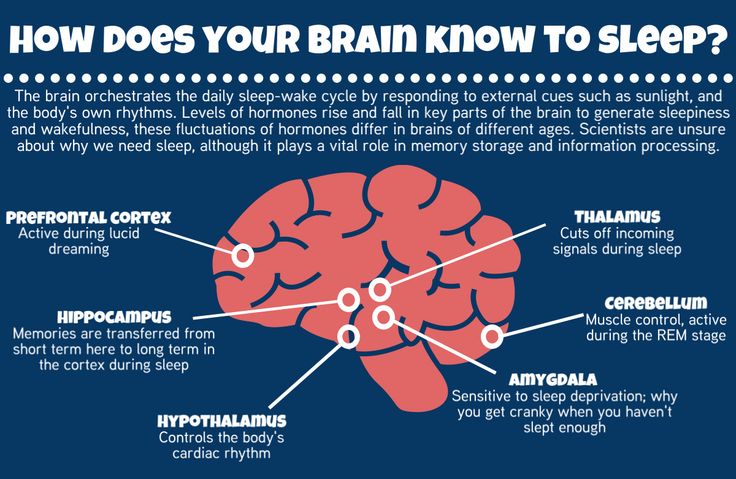 After all, the psyche is closely connected with the body, and if you overdo it, you will start to get sick. Our psyche always strives for balance.
After all, the psyche is closely connected with the body, and if you overdo it, you will start to get sick. Our psyche always strives for balance.
I do transactional analysis and EMDR therapy: the acronym stands for Eye movement desensitization and reprocessing. It is one of two types of psychotherapy with proven effectiveness officially recommended by the World Health Organization. It looks pretty funny. The psychologist makes hand movements right in front of the person’s face, and the person carefully watches his fingers. EMDR goes fast, deep, but it also wastes a lot of the patient's mental strength. As a rule, after a couple of sessions, you need to take a break or switch to conversational consultations. It is extremely important for a person to give time to recover.
Also in therapy there is the concept of “change of transference”. Transference is the relation of the client to the therapist. At first it is neutral. Then it becomes biased, as the patient projects onto the psychologist the desires, expectations, fears and dreams that he had as a child and are now carried into therapeutic work. And at first, the transference is always positive (my therapist is just super!). But then there comes a moment when the transference changes and the “good parent” becomes bad (ruined my whole life). It's not bad. This means that therapy has come to an important, turning point, when the person is ready to get rid of illusions and is ripe to manifest his less secure feelings in contact with the therapist. For example, showing sympathy means that we are in a safe field in which we can and must remain in order for a resource to appear. But if we stay in it longer than necessary, this will inevitably lead to a block in development.
And at first, the transference is always positive (my therapist is just super!). But then there comes a moment when the transference changes and the “good parent” becomes bad (ruined my whole life). It's not bad. This means that therapy has come to an important, turning point, when the person is ready to get rid of illusions and is ripe to manifest his less secure feelings in contact with the therapist. For example, showing sympathy means that we are in a safe field in which we can and must remain in order for a resource to appear. But if we stay in it longer than necessary, this will inevitably lead to a block in development.
How long does it take to visit a psychologist?
Here is another joke: “How many psychologists does it take to change a light bulb? One is enough if the light bulb is ready to change.”
It all depends on the depth of the request - that is, how serious the changes the client wants to receive.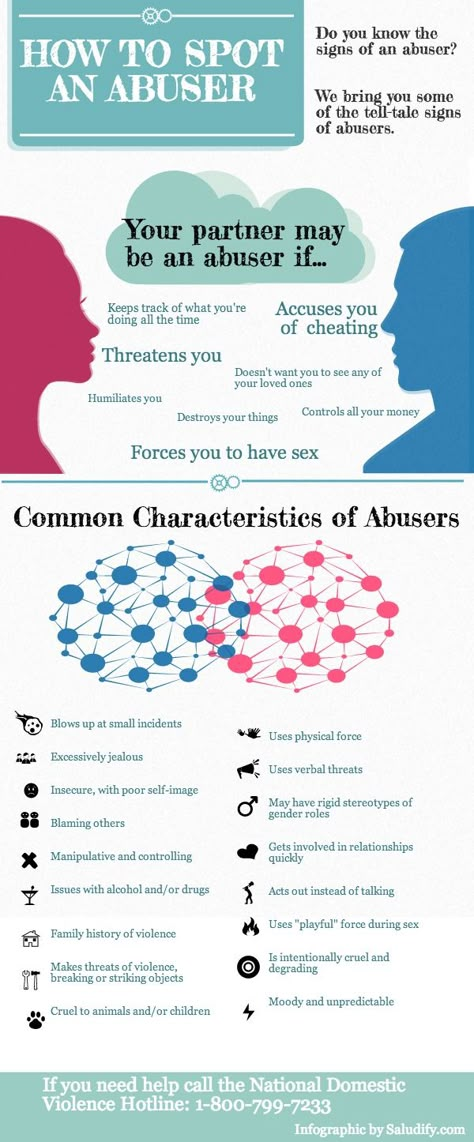 I must say right away that it is not necessary to walk for years - sometimes even deep processes pass quickly enough. But in general, the more localized the problem, the faster the therapy is completed.
I must say right away that it is not necessary to walk for years - sometimes even deep processes pass quickly enough. But in general, the more localized the problem, the faster the therapy is completed.
The average time is five to six months. But if the patient has conceived global inner work, therapy can last for several years.
Is a personal psychologist always very expensive?
Like all professions, there are niches in psychology for any income level. There are services for free psychological assistance in difficult situations, and there are specialists whose cost per hour is higher than the average salary. If you wish, you can find a specialist regardless of the financial situation. Another question is, what value does a person attach to psychotherapy? If work with one's inner world is important to a person, he will be ready to pay for it, even if he shrinks a little in something else. If not, then the most minimal price will be unaffordable. Dear psychologist does not always mean good. A good one who suits you personally.
Dear psychologist does not always mean good. A good one who suits you personally.
What if I don't want to bring up the past and it causes me pain and discomfort?
A problem and its solution are always associated with discomfort. The problem is painful, but so is the solution, because it requires change and dealing with the traumatic experience. This issue is decided on the scales: on one bowl - the level of suffering from an unresolved problem, and on the other - from the process of solving. If the cup outweighs the suffering associated with the past, the person will not discuss it and some of the problems will remain unresolved. If the cup outweighs the current suffering, then the person will go through all his injuries, if only it would end already.
There are types of psychotherapy that seem to not work with the past. I say "as if" because they allow you to solve pinpoint problems without getting into "things of bygone days. " But if the task is set to carry out a deep study, even if we deliberately avoid the topic of the past in the conversation, it will still begin to emerge in one way or another in the mind of a person. Or, for example, he starts to dream. You can't run away from the past. And this is good, because in order to make a new decision on an emotional level, and not just understand its necessity with the mind, it is important for us to remember something and connect some experiences and thoughts with the specific event that caused them. Otherwise, emotional experiences may begin to surface in other situations.
" But if the task is set to carry out a deep study, even if we deliberately avoid the topic of the past in the conversation, it will still begin to emerge in one way or another in the mind of a person. Or, for example, he starts to dream. You can't run away from the past. And this is good, because in order to make a new decision on an emotional level, and not just understand its necessity with the mind, it is important for us to remember something and connect some experiences and thoughts with the specific event that caused them. Otherwise, emotional experiences may begin to surface in other situations.
For example, a person was at war, came under fire. The memory is repressed, and now any clap causes panic, as then, at the moment of the shooting. Therefore, it is extremely important to remember this traumatic episode and connect the emotion with the memory.
Do you have to talk about sex during the consultation? Does every problem with the psyche come down to the teachings of Freud?
No, modern psychotherapy has long since departed from Freud's teachings. If we talk about the trends of our time, then this is the theory of attachment. It is believed that the main motive responsible for the development of our personality is the need for relationships, in contact with other people, not necessarily sexual. How we realized the need for relationships in childhood affects our adult relationships with other people, with ourselves, with our goals. Because goals, plans, hopes are also emotional attachment to the image of the result.
If we talk about the trends of our time, then this is the theory of attachment. It is believed that the main motive responsible for the development of our personality is the need for relationships, in contact with other people, not necessarily sexual. How we realized the need for relationships in childhood affects our adult relationships with other people, with ourselves, with our goals. Because goals, plans, hopes are also emotional attachment to the image of the result.
But there are exceptions to this rule: if you get to a specialist in cognitive-behavioral psychotherapy, the conversation will be about your thoughts. You won’t talk much with a strategic therapist at all, you will discuss with him mainly practical homework assignments.
Will I have to take antidepressants, tranquilizers and other pills?
Antidepressants are taken for depression, as the name implies, and even then not always. If your boss is pissing you off, you're experiencing burnout, a divorce, a promotion, or increased stress levels, you definitely don't need antidepressants.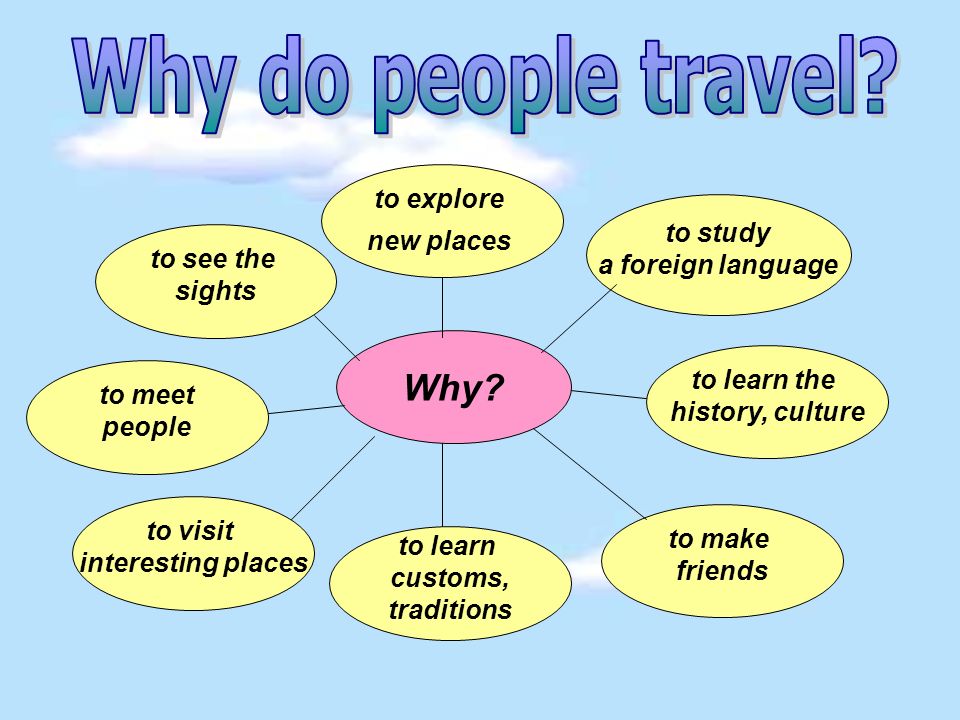
Tranquilizers - or psychotropic drugs - are prescribed when we know for sure that the problem is caused by an imbalance of certain hormones or neurotransmitters. The second option is that they are prescribed if a person has been depressed for a long time and this depression is of psychological origin. For example, depression of abandonment after parting. If a person has been in this destructive state for five years, and during the consultation we require him to live through some feelings, he may want to do this, but he will not be able to, because he does not have enough resources. He has been lying like a rag for five years and all the internal forces of his body have been exhausted. And then he needs a light doping - vitamins for the brain. Then psychotherapy with him will go better, faster and more effectively. If I see a need for this, I always offer it to the client and say that our work with medicines will last "x" hours, but you can do without them and you can still do it, but it will take "2 x" in time.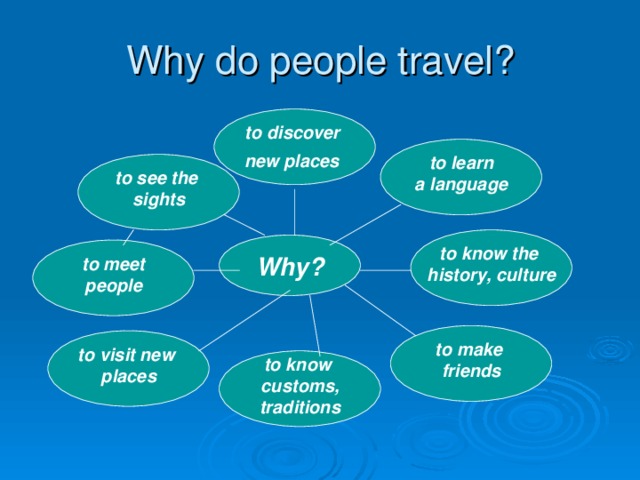 There is always a choice.
There is always a choice.
There is another group of drugs - neuroleptics or antipsychotics. These are drugs for the treatment of psychotic spectrum disorders: delusions, schizophrenia, and the like. If a person has depression and is prescribed antipsychotics (which, unfortunately, happens quite often), but they do not prescribe antidepressants, most likely, you should forget about this psychiatrist. In our country, old school specialists, alas, still seek to treat most problems with antipsychotics. This is fraught with complications.
Can I limit myself to a group psychological training or a webinar, or do I need a personal consultation?
Training, webinar and personal consultation are three different formats. At a training you gain a skill, at a webinar you get information, and at a consultation you can look deeper into yourself and change not only at the level of mind and behavior, but also emotionally.
If a person just wants to learn something new to shine in a conversation, or if behavioral and intellectual changes are enough for him, you can do without consultation. And if we are talking about a serious request, personal therapy with a specialist is required. There are exceptions, but they are very rare.
If I went to a psychologist, does that mean I'm weak and can't solve my problems on my own?
If you went to a psychologist, then you are really trying to change your life. It is so arranged that not all problems can be solved alone - and not all goals can be achieved. We need both pair work and team work. If you ended up with a psychologist, it means that everything that could be done on your own has already been done and you are entering a qualitatively new, steeper level.
What is trance and hypnosis? Why are they needed and is it dangerous?
Trance and hypnosis are altered states of consciousness.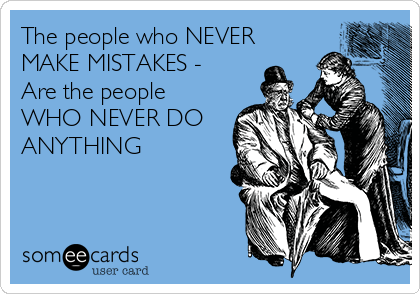 We have our usual state - in it we understand well who we are, where we are, what is around us, what we want, what day it is. In altered states, our perception of ourselves as a person changes, the sensations of the boundaries of the body, the world around us, motives, feelings, thoughts can change. When used safely, this is very useful - the brain switches to another mode and rests, recovers.
We have our usual state - in it we understand well who we are, where we are, what is around us, what we want, what day it is. In altered states, our perception of ourselves as a person changes, the sensations of the boundaries of the body, the world around us, motives, feelings, thoughts can change. When used safely, this is very useful - the brain switches to another mode and rests, recovers.
Every day we find ourselves in altered states a hundred times: we drank coffee, we didn’t get enough sleep, we experienced stress, we were carried away by thoughts or remembered something, we drive to and from work on the same road (this causes sensory deprivation - a disadvantage new sensory stimuli) - and now we are in an altered state. But we do not notice this, because we are not used to paying attention to it. We continue to interpret this as an ordinary state of consciousness, and the difference is blurred. That is, we spend most of the day every day in altered states.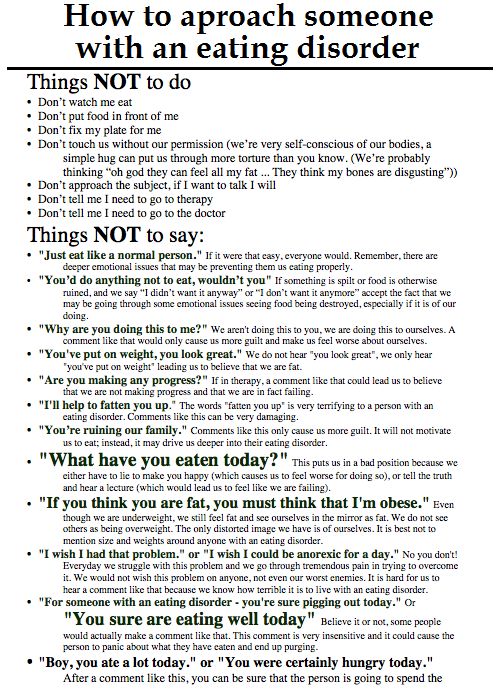
Trance and hypnosis are simply methods that consciously use the resource and potential of these states to help you.
What specific mental problems can a psychologist solve, and where is he already powerless?
A psychologist will not solve problems caused by organic brain damage - for example, as a result of an accident, impaired fetal development, and others. Or problems caused by the internal state of the body - the hormonal background, the balance of neurotransmitters, vitamins, iron and many other trace elements affect our physical and mental state. From the popular facts - a lack of vitamin D can cause conditions similar to depression; an imbalance in iron levels provokes conditions similar to anxiety. In such cases, the help of other specialists is needed, and the psychologist can only assist. It makes sense before starting psychotherapy to take tests on key positions in order to exclude the presence of the above-described "breakdowns" in the body.
But at the same time, there are a number of psychosomatic problems, that is, related to physical health, but caused by our psychological stress, which will be difficult to solve without a psychologist, because they arise again and again until the person’s psychological problem is solved.
A huge amount of psychological literature is now on sale. How do you know if a particular book deserves attention?
The answer to the question of how to navigate the information space is quite simple: use common sense. The inviting titles of books are far from always compatible with reality. Of course, in order to distinguish worthwhile literature from low-grade pseudo-psychological reading matter, a certain experience is also needed. However, when people show a genuine interest in psychology, they quickly begin to navigate the variety of specialized literature.
Based on practice, I can say that today there is a powerful request for information regarding the midlife crisis. What literature can be recommended in this case? For example, James Hollis "Pass in the middle of the road" (there is also an audio version).
What literature can be recommended in this case? For example, James Hollis "Pass in the middle of the road" (there is also an audio version).
About depression, I advise you to read "Tales of Reversible Death" by Simone Matzliach-Hanokh. For clients facing such difficult life circumstances as the loss of a loved one, I several times recommended the book “On Death and Dying” by Elisabeth Kübler-Ross, as well as “At the Last Line” by Jean Shinoda Bohlen. In case of unsuccessful personal relationships - "How to keep love in marriage" by John Gottman and Nan Silver: it has clear behavioral instructions. The second is “In search of a mythical couple. An evolutionary approach to the diagnosis and psychotherapy of couples" by Pearson Bader. A very psychoanalytic book.
Is it possible to replace visits to a psychotherapist with meditations or other energy and spiritual practices?
No, meditation and other practices are not aimed at solving personal problems. They will help you develop the capacity for contemplation and awareness. They will increase the level of energy, teach you to be more aware of what is happening, but will not help you get through the traumatic experience, will not create a new relationship model, and will not clear up erroneous and confused thinking. In psychological practice, we often see that these practices are used rather to avoid solving problems, they give some relief, which allows a person to think that he has already healed the psyche. But then troubles happen, awareness is lost, and now the person again thinks, feels and behaves as before. If this happens, it makes sense to pay attention not only to the spiritual and energy level, but also to the psychological state. The Buddha did not do psychotherapy.
They will help you develop the capacity for contemplation and awareness. They will increase the level of energy, teach you to be more aware of what is happening, but will not help you get through the traumatic experience, will not create a new relationship model, and will not clear up erroneous and confused thinking. In psychological practice, we often see that these practices are used rather to avoid solving problems, they give some relief, which allows a person to think that he has already healed the psyche. But then troubles happen, awareness is lost, and now the person again thinks, feels and behaves as before. If this happens, it makes sense to pay attention not only to the spiritual and energy level, but also to the psychological state. The Buddha did not do psychotherapy.
Meditations, spiritual and energy practices are all different methods and paths that are suitable for solving different problems. The development of awareness, the experience of the emptiness of the mind, the awareness of awareness and the like - all this exists and takes a person beyond the boundaries of the standard perception of our reality, but this has nothing to do with the problems of a person as a person who needs to pay his bills, build relationships with other people, walk to work and earn money. Everything related to spiritual practices exists in a parallel universe, but this does not affect the worldly level in any way. Usually, going into spiritual practices is fraught with the fact that a person begins to run away from a bleak reality through them. Take a depressed person who meditates. His belief: “No one is interested in me. But during meditation, I imagined and felt that the Universe loves me.” Accordingly, on top of this belief, another one arises: "No one is interested in me, but one day my spiritual value will shine and I will be glorified." However, the real problem is not solved. He just puts the golden cap of his awareness on her, and it seems like this makes him feel a little better and gives hope for a brighter future.
Everything related to spiritual practices exists in a parallel universe, but this does not affect the worldly level in any way. Usually, going into spiritual practices is fraught with the fact that a person begins to run away from a bleak reality through them. Take a depressed person who meditates. His belief: “No one is interested in me. But during meditation, I imagined and felt that the Universe loves me.” Accordingly, on top of this belief, another one arises: "No one is interested in me, but one day my spiritual value will shine and I will be glorified." However, the real problem is not solved. He just puts the golden cap of his awareness on her, and it seems like this makes him feel a little better and gives hope for a brighter future.
Can the abuse of such practices be harmful? Easily. If a person has big unresolved problems, but he is pumped up with energy, then it is spent on the work of the psyche that the person currently has. And if this psyche is stable and prosperous, aimed at being constructive, that's great: more energy will be directed there, and we will get a great result.
